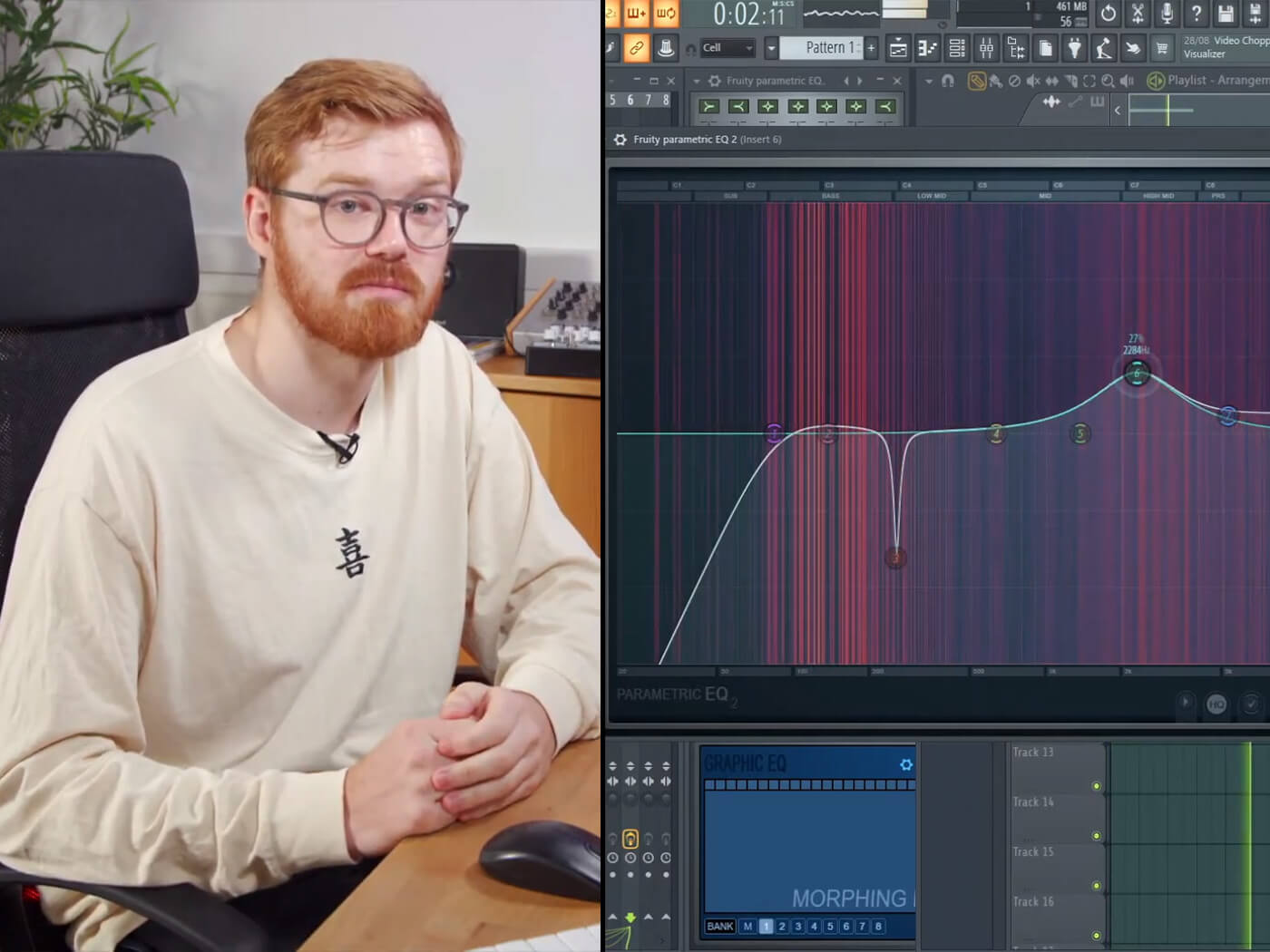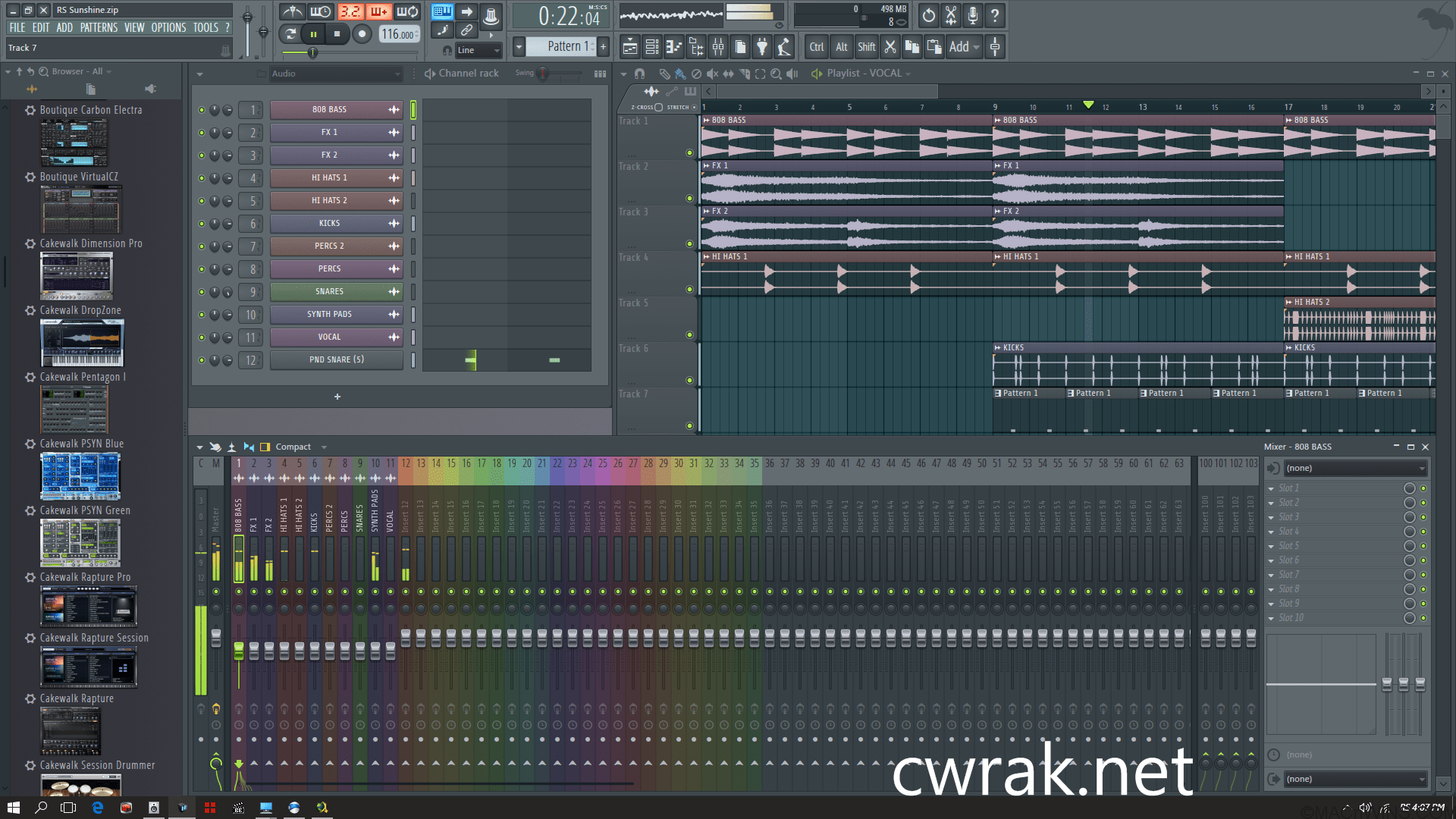
You center frequency and the bandwidth, and then boost or cut. The Q is sinusoidal like a bell curve without rigid boundaries.

Their bandwidth (or Q) can be adjusted to encompass a broader group of frequencies or made to be thin for laser-like precision. Parametric EQ's tend have far fewer bands (frequency ranges) you can control, but these bands can me moved up and down the frequency spectrum. The two have significant differences in how you use them but can both be used to achieve the effect you seek. Of those two main categories there are two sub-types:

You have two main types of equalizers these days: This filter is designed to control the volume of specific frequency ranges, either boosting them (increasing the amplitude) or cutting them (reducing the amplitude). In our case we're talking about music in live venues and recording studios. What Are Studio Equalizers?Įqualizers are a type of circuitry used as a controllable filter through which an audio signal is passed. Let's talk about EQ's in general, including the types available, why the top studios prefer hardware options, and what you should consider before making a purchase. So let's cut to the chase, glance at the options and point out what to look for, and then run through our recommendations for each type at various price levels. Heck, it's even nice to have an EQ for your car stereo system and your home entertainment system, and it's a thousand times nicer to work with one in the studio. Meanwhile you'll have a secret weapon in your signal path as a recording, mixing, and mastering engineer that gets you more results and more business than your competitors. I say to let everyone think that and feel that way. They imply effort and technological sophistication instead of the feeling of instant results a compressor gives off. Outboard equalizers aren't nearly as sexy as a preamplifier or effects processor. They dissociate you from the process of mixing, which can be very hands on. They don't feature the harmonic distortion transistors and tubes can offer. But they lack what can't be simulated accurately. In the end it's still, relatively, cold and lifeless.ĭoes that mean software EQ's suck? Not by a long shot. It can even filter itself to act as if it's producing the subtle, pleasing artifacts of analog recording equipment. Software can pretend to replicate the circuitry of hardware, but they'll never actually be one of the best equalizers.


Click here to jump straight to the reviews!Įmulation is simply that.


 0 kommentar(er)
0 kommentar(er)
